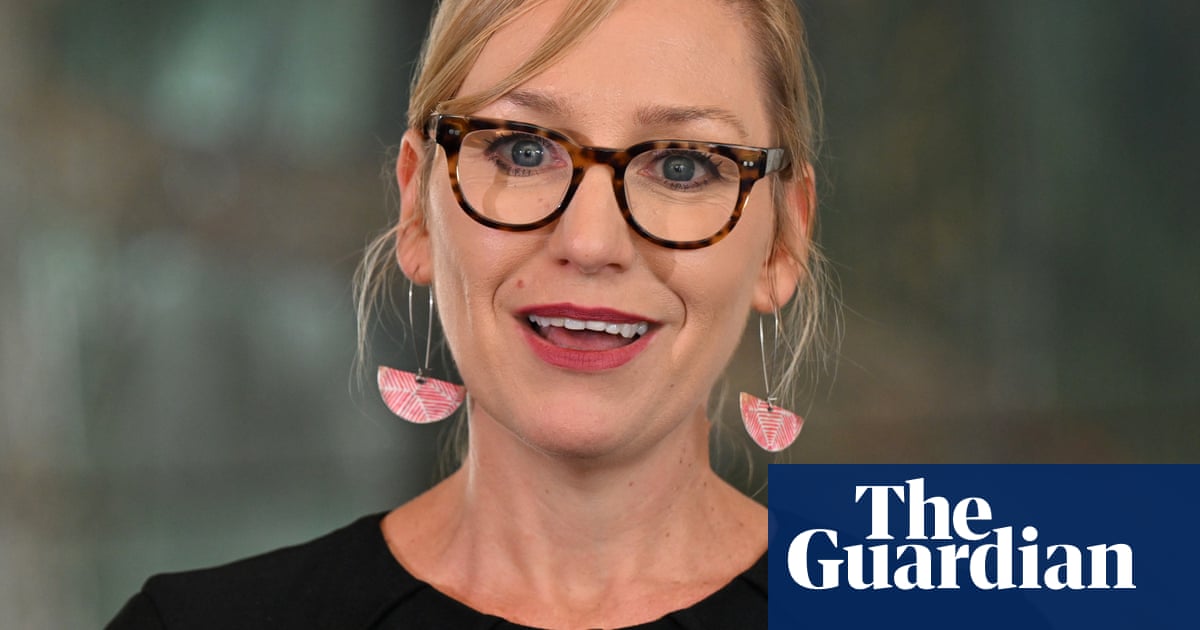Larissa Waters isthe new leader of the federal Greens, taking the helm after a somewhat disappointing May election result that reduced the minor party’s lower house share from four MPs to one, and saw former leader Adam Bandtunexpectedly lose his seat of Melbourneto Labor.
The Queensland senator was chosen for the job by consensus on Thursday against upper house colleagues, South Australia’s Sarah Hanson-Young and NSW’s Mehreen Faruqi.
So, who is the federal Greens’ fifth leader?
Sign up for Guardian Australia’s breaking news email
Before entering the Senate, Waters worked for nine years inQueensland’s Environmental Defenders Office.
As she noted inher 2011 maiden speech, Waters said she had grown “increasingly frustrated” that the laws could not prevent mining projects from being approved in certain native habitats.
“I realised that the laws needed changing to give people more rights to stand up for the environment for the common good. That is what encouraged me to seek change through politics,” she said.
Waters was born in Winnipeg, Canada, and arrived in Queensland as an 11-month-old. This would come back to haunt her in her political life duringparliament’s citizenship eligibility crisis.
In July 2017, Waters wasforced to resignas a senator due to discovering she had dual-Canadian and Australian citizenship, something the constitution prohibits.
Shereturned just over a yearlater, having renounced her Canadian citizenship, after a Senate vacancy.
When Waters entered politics in 2011, she singled out the most important thing she wanted to achieve – the protection of the Great Barrier Reef from global heating.
“If I can do anything to protect the reef from climate change, I will feel I can sleep easy at night,” she said. “It’s the one thing I want to achieve above all else.”
Fast forward to 2025 and some are calling this term of governmentthe natural wonder’s last chance, after a sixth mass bleaching since 2016 this summer.
It wasscarcely mentioned this election.
Having been in the Senate since 2011 – minus her brief reprieve in 2017 and 2018 – Waters has held a number of spokesperson roles.
Most recently, she was the party’s women’s and democracy spokesperson, playing an important role in forming parliamentary workplace culture bodies introduced under the Albanese government.
Before that, Waters was the spokesperson for mining and climate change and served on a number of committees across those topics.
Waters has also been the co-deputy leader under Adam Bandt and Richard di Natale between 2015 and 2022.
Waters made international headlines in 2017 when she became the first person to breastfeed in parliament.
Waters had been part of the push to change rules, which prohibited politicians from breastfeeding babies from the chamber floor.
Previously, they could only be brought into the galleries and breastfeeding parents could only vote by proxy.
